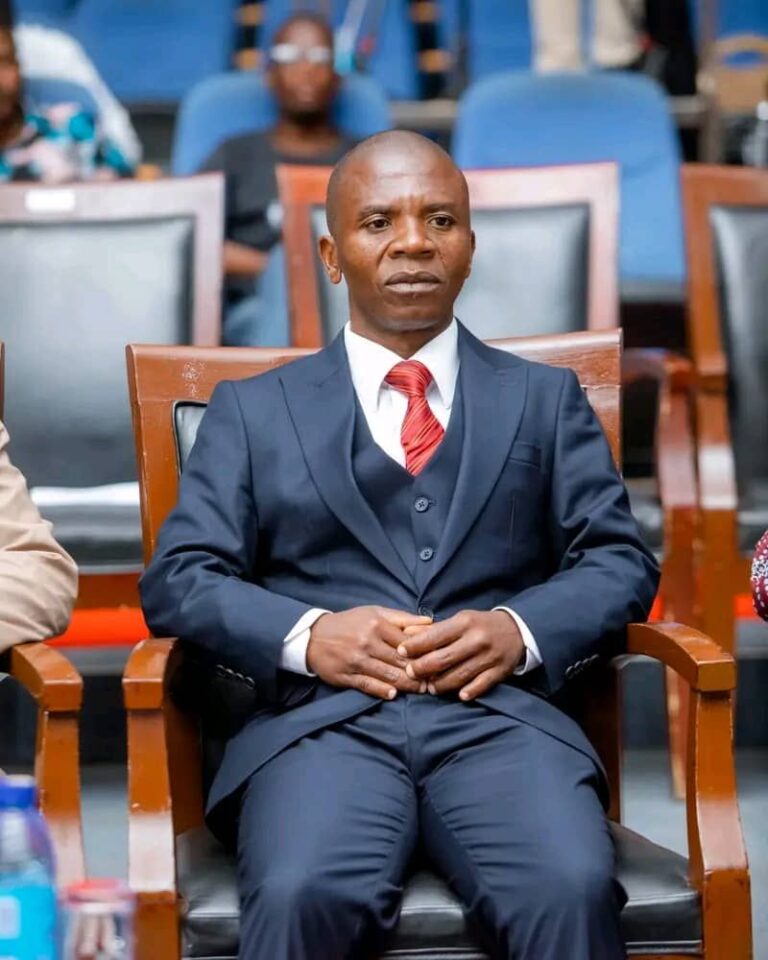By Burnett Munthali
Now that former President Professor Arthur Peter Mutharika has officially named Dr. Jane Ansah as his running mate ahead of the September 2025 polls, political dynamics in Malawi have taken an interesting twist.
The bold decision by the Democratic Progressive Party (DPP) to settle on a legal heavyweight like Dr. Ansah has raised the stakes and challenged other political players to rethink their strategies.
Dr. Ansah, with her impeccable credentials and controversial yet resilient legacy, has re-entered the political spotlight with renewed energy.

This move has put the spotlight squarely on President Dr. Lazarus Chakwera, who is now under pressure to pick a running mate that can not only match but potentially surpass the influence and weight of Dr. Ansah.
As the 2025 elections draw near, the question on every political analyst’s mind is: Who should Chakwera choose as his running mate?
To answer this question, one must consider a few critical factors: regional balance, gender representation, political loyalty, national appeal, and crisis management skills.
President Chakwera’s current Vice President, the late Dr. Saulos Klaus Chilima, left behind a legacy that will be difficult to replace.
Dr. Chilima was not just a political ally but also a key figure in the Tonse Alliance’s success in 2020, commanding youth support and Central Region loyalty.
Now, with his absence, Chakwera has a significant void to fill—both strategically and emotionally.
One name that has surfaced in some political circles is that of Dr. Michael Usi, the current Minister of Natural Resources and an influential figure in the UTM party.
Dr. Usi commands respect in the Southern Region and possesses the charisma needed to counterbalance the Mutharika–Ansah ticket.
However, the death of Chilima has left UTM in a period of transition, and it remains unclear whether Usi can galvanize the same momentum without Chilima’s shadow.
Others suggest Khumbo Kachali, a seasoned politician from the North, whose experience and alliance history with the People’s Party and MCP may be seen as a balancing act in regional politics.
Yet, critics question whether his return would signal progress or simply a recycling of old political faces.
From a gender perspective, some believe Chakwera should consider a female running mate to respond to the DPP’s Jane Ansah selection and appeal to female voters across the nation.
Names like Agnes Nyalonje and Catherine Gotani Hara have been floated as potential contenders—women with strong credentials and clean reputations.
Nyalonje’s educational background and reforms in the education sector make her a strong technocratic choice.
Gotani Hara, as the current Speaker of Parliament, carries legislative experience and a track record of leadership that could be vital on the campaign trail.
But Chakwera also has to think beyond gender optics and ask: who brings electoral value, mobilization strength, and national unity?
In the Central Region, the MCP stronghold, younger leaders like Eisenhower Mkaka or Ken Kandodo may bring energy and continuity, but might not have enough national pull to shift voter sentiment.
What is clear is that Chakwera’s choice must not be based on political loyalty alone, but on the running mate’s capacity to inspire confidence, energize the base, and counter DPP’s aggressive resurgence.
The DPP has fired the first serious shot by fielding a surprise but impactful candidate in Jane Ansah.
This move rebrands the DPP as a party willing to break convention and defy critics in pursuit of power.
The ball is now in Chakwera’s court.
His next move could either solidify his leadership and re-energize the Tonse Alliance—or risk giving momentum to the opposition.
As the political chessboard continues to shift, Malawians eagerly await to see who Chakwera will pick to stand by his side in what promises to be one of the most fiercely contested elections in the country’s democratic history.
Because in Malawi’s current political climate, a running mate is no longer a ceremonial figure—it is a decisive factor between victory and defeat.










